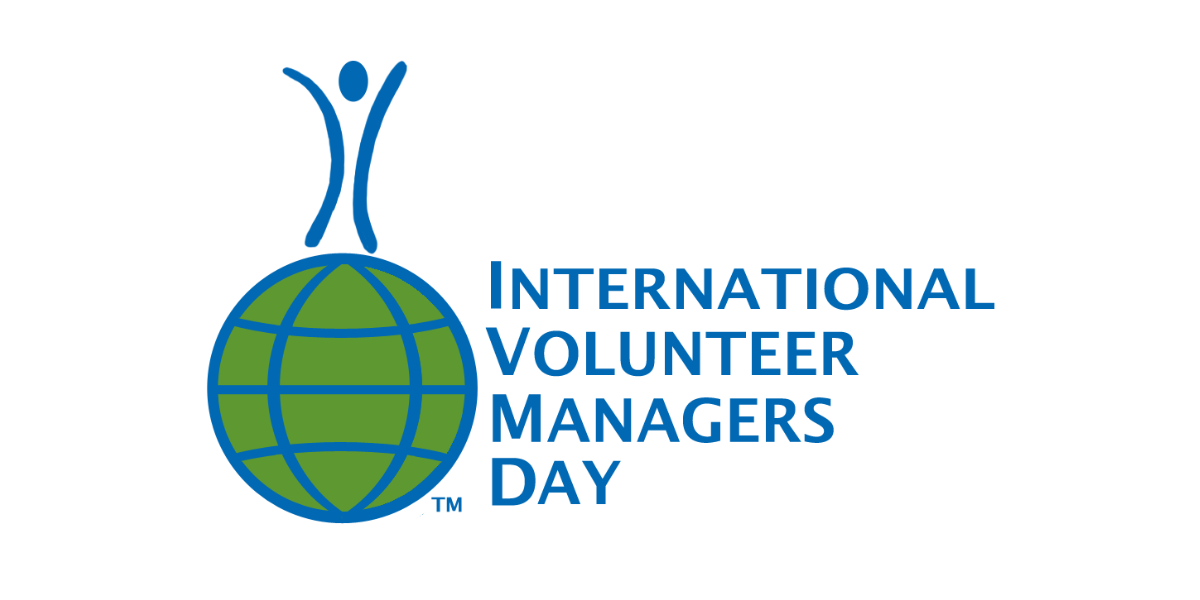by Carole Thelwall-Jones
Carole Thelwall-Jones, AVM member (my own views, not representing AVM, but enjoyed discussing them with other members at a recent AVM members’ book club.)
Mathew Syed uses powerful storytelling and compelling scientific research to explore how humans harness the power of diverse thinking through collective intelligence.
“We all perceive and interpret the world through frames of reference, but we don’t see the frames of reference themselves”
‘REbel Ideas’, Matthew SYed
The way we look at the world is shaped by our culture. The realisation is that “we all perceive and interpret the world through frames of reference, but we don’t see the frames of reference themselves” was profound for me. People with similar backgrounds have ‘Collective Blindness’ because they are likely to share blind spots. This impairs their ability to make wise judgements, detect threats, and create smart strategies. Referencing the Bletchley Park codebreakers, Syed asserts that we need to address cognitive diversity before tackling our toughest challenges. It is a false comfort to be surrounded by people who think like us, make us feel smarter, and validate our world view. Problems are solved through frank discussions that are cognitively demanding. Syed shows that successful teams bring together ‘rebels,’ not clones. They are made up of people who have a range of relevant perspectives that offer new insights and solutions.
Humans are inherently hierarchical which hinders ‘Constructive Dissent’. Most of us have experienced inefficient meetings, where one or two people suppress the insights of others. We’ve all observed dysfunctional communication where people say what they think the leader wants to hear or fail to share crucial information because they don’t want to appear rude or disruptive. An environment of ‘psychological safety’ plus techniques (like golden silence, brain writing, and anonymized voting) can protect cognitive diversity from the dangers of dominance. Syed explores the difference between dominance and prestige. Prestigious leaders listen, explain ideas thoroughly, share information, and exhibit higher empathy, to strengthen trust. Do we, as volunteer managers, pivot between dominance and prestige?
Deep familiarity with the way things are, makes it difficult to change them. Syed advocates using an ‘outsider mindset’ to see something familiar in a new way. He compellingly argues that it’s better to be social than to be smart. Innovation is linked to the creativity of individual brains within a network and the diversity of the different networks they’re plugged into.
Whilst we have unprecedented access to diverse opinions, beliefs, ideas, and technologies, these get sorted using our own filters plus invisible algorithms. In some circumstances this can create ‘Echo Chambers’ where outside sources are systematically discredited. Democratic societies and organisations must challenge fallacious arguments.
Using multiple examples (diets, aircraft cockpits, body armour for women, the Finnish education system) Syed shows that standardisation based on averages fails to take account of human diversity. Whilst superior ways of doing things can be adopted as best practice, we should think of it as the ‘best so far’. Flexibility allows personalisation so people can play to their strengths and benefit from autonomy. Institutions (like volunteer involving organisations) often focus on control to eliminate error, but rarely acknowledge the dangers of rigidity.
Syed constructs the ‘Bigger Picture’ by exploring the human brain. He states that humans excel at social learning. We are smarter by connecting to the collective brain. As volunteer managers we can promote social learning among volunteer networks. Being AVM members gives us opportunities to access other brains through formal events, and less formal connections.
Syed considers the impact of unconscious bias, particularly in discretionary space. He shares techniques that can reduce this impact, such as using Shadow Boards to leverage insights of younger people to diversify the perspective that executives are exposed to. Adam Grant’s work in ‘Give and Take’ highlights that successful collaboration requires an attitude to offer insights and wisdom. Successful givers are strategic, seeking out meaningful diversity and cutting off collaborators if they’re being exploited.
All seven sections of this book stimulate concepts and signpost practical ways of working that are relevant for Volunteer Managers. Alongside Syed’s other books like ‘Black Box Thinking‘ and ‘You Are Awesome‘, ‘Rebel Ideas‘ is a highly recommended read.
About AVM book club
AVM’s book club is a great way to find the motivation and accountability, and gain deeper insight.
Book club is open to any AVM member. Find out more about book club, or the benefits of joining AVM as a member.





